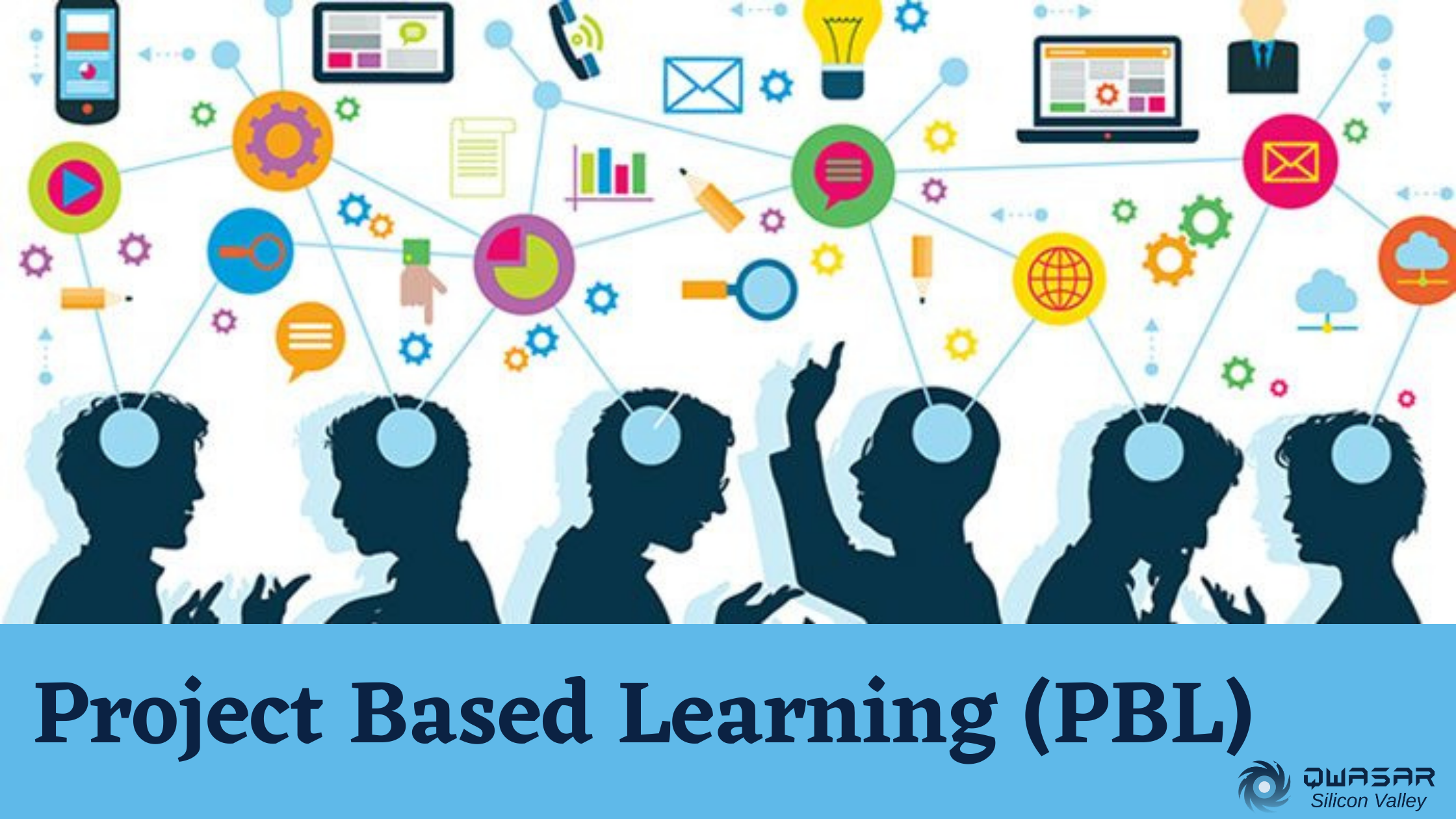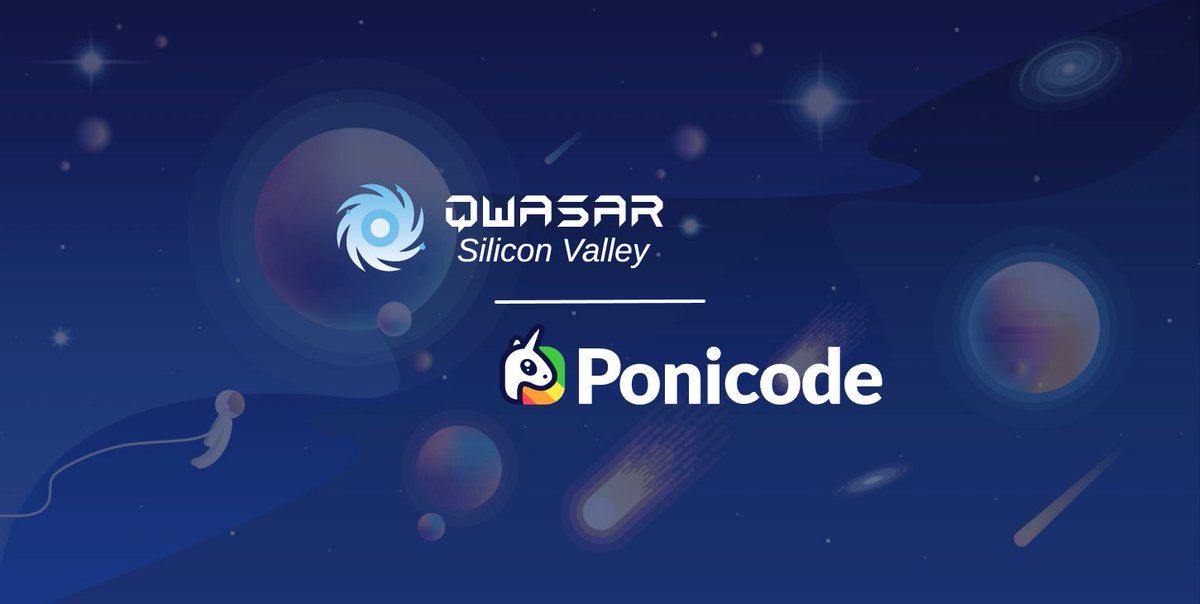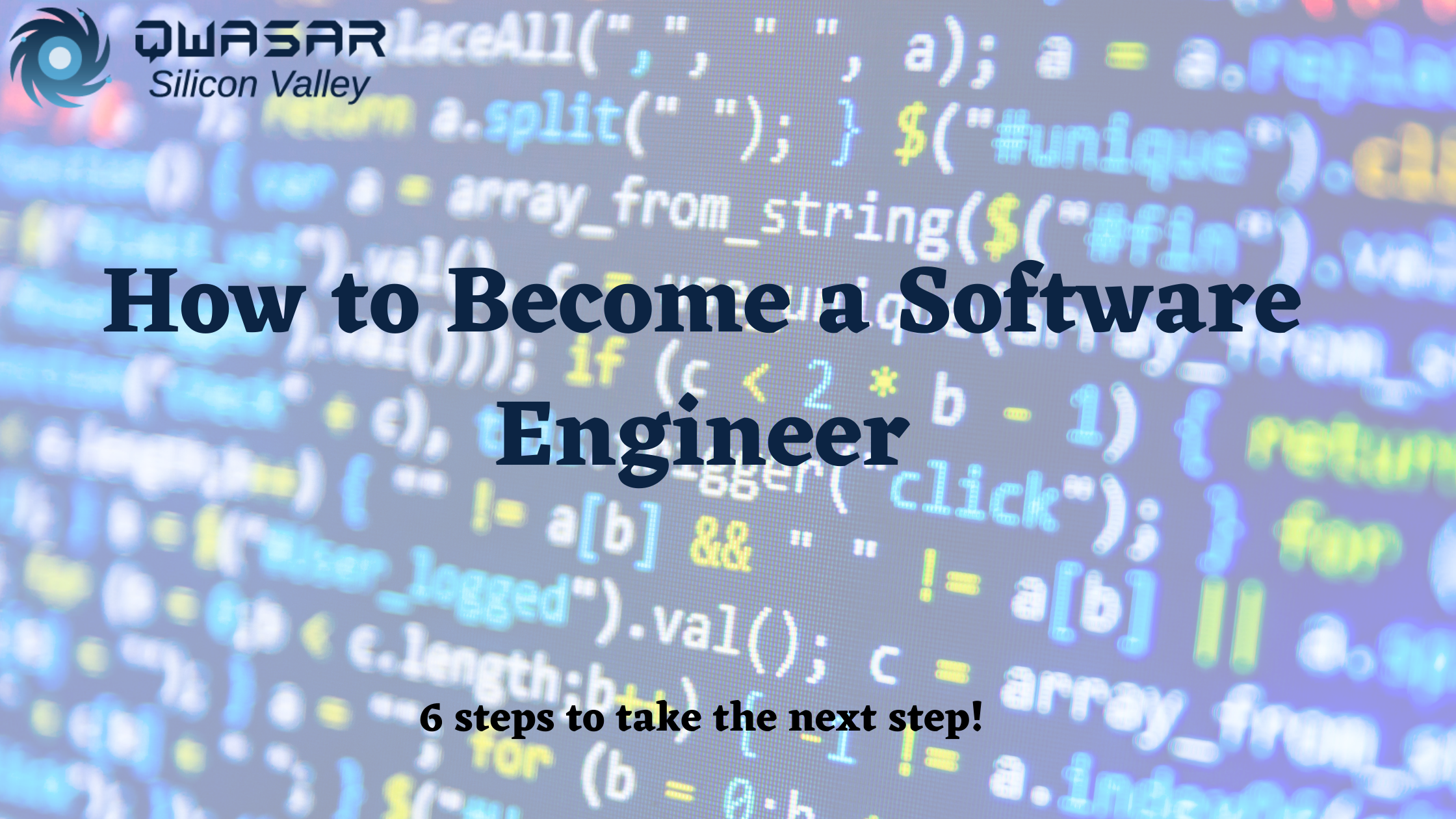In honor of Black History Month, we sat down with Qwasar co-founder Kwame Yamgnane to talk about his African roots, changing diversity in the tech industry, and a bit of life outside of work. Kwame has a deep and inspirational background working over the last couple of decades to change diversity in tech and can often be found pursuing a culinary adventure.
Kwame, tell us a bit about yourself, where you’re from, and where you’re based now.
Hello, my name is Kwame! I have a lot of cultures mixed together. My mother is from Brittany, in the western part of France. The people from Brittany are well known for their strong culture (including their own language). My father (along with uncles, aunts, cousins and the rest of the family) comes from Togo, so I also have a strong African culture influence. My wife comes from Norway, so I think you could say we are an international family! For now, we live in the East Bay, outside of San Francisco.
I have a lot of cousins in Togo and part of the Qwasar team is in Togo, so we are really an international company. It is absolutely amazing to work with my African cousins, there are so many talented people over there.
What was your journey from high school to a Master’s in Computer Science and what was it like being a minority in your program?
We need to go back to my high school first. Thanks to my father’s profession in Togo, (a former French colony) I was eligible to attend some select schools in France. I attended one of the high schools - here’s a picture, see if you can spot me:
Honestly, I didn’t find it terribly difficult to study here as a black French African and I have a lot of friends from there, but things are not the same in France as they are in the US; it’s a very different culture.
Before going to university, I did an amazing internship in DC and this was my first time in the United States as a young adult. I made many incredible friends for life there, many of whom still live there. I spent a lot of time discovering this new city. I fell in love with the Adams Morgan neighborhood which was packed with Ethnic restaurants. I found a Togolese restaurant that was incredible. Twenty years later, I went back to Adams Morgan and it had changed quite a lot.
Honestly, until I got out of high school and went to college, learning was a bit of a nightmare for me. I have dyslexia and find lectures and writing difficult, but in the early 80’s and 90’s, it was “not a good idea” to have a learning challenge. The university program I joined was mostly learning by doing as the program was more connected to the vocational system in France than the traditional university system (meaning there were few lectures and much more hands-on learning). We did a lot of coding, every day, and worked from 8 am in the morning to 8 am in the morning the next day (typical all-nighters for college students). I learned so much this way and the hands-on learning meant I absorbed a crazy amount of knowledge in a short space of time.
It certainly wasn’t common for black people in France to attend an IT like Epita. Access to top French universities isn’t necessarily equal or easy for minorities, and I was an exception. I served as a Teacher’s Assistant, which was really the seed that fueled me to join the creation of a new university called EpiTech. There weren't a lot of females and even less black people in my program. Out of over 200 students, there were only 2 or 3 black men in my program, and that really sparked a desire to change diversity in tech; there must be more minority graduates in computer science.
I can honestly say that hands-on education and learning by doing was revolutionary for me. It brought me a lot of freedom because how I learned is how work happened on the job, so transitioning was easy. When you have a job and a salary, suddenly your life is changing. You start a new life and it’s amazing. Hands-on learning is the foundation of what we do at Qwasar. I’m a very firm believer in learning by doing and its importance for the digital world.
How does your French African heritage relate to your work here in the US?
When I arrived here in the United States, my parents came to visit me and my mother bought a genetic test set for the family. Fun fact: it seems I am a descendant of Egyptian Pharaoh Ana. But the other part that was absolutely amazing was the DNA map of all your cousins.
I was considering retiring before I saw that map; launching and growing 3 successful IT schools had already helped 25,000 students get into tech roles, and because of those schools there were significantly more underprivileged students who had access to education. You sleep well first, you say to yourself you are useful for humanity and it’s a very strong feeling to have that.
What really made me change my mind - and this is the honest truth - was looking at the map of my cousins around the world - in France, in Africa, and I discovered that most of my cousins are in California. That map was the first time of really seeing and feeling the history of black people and African people around the world, and it’s my history. It was a slap in the face!
I really believe that hands-on learning and the power of a strong IT education were things that I had to bring to more people in the world, not just in France. It was time to write new history, especially here in the US, and change who has access to top-level IT education. That is roughly why, it’s not the only reason, but it is one of the major reasons, I decided to create Qwasar with Jennifer and Gaetan. It’s quite close to my heart.
What is your vision for diversifying talent in industry, especially the tech industry?
It’s a difficult question. It’s a tough question. One of the largest pillars of a company is its culture and this comes from the founders. The difficult part with the tech industry in the U.S. is that most of the tech companies have been created by white men who have a white culture. This is 100% normal. It's not something that is bad, it’s just a reality.
The big issue is that if you really want to integrate something inside your company, for example black culture, you have to naturally also change the culture of your company. Let’s say you’re working in a traditional industry in the 80’s: you’re expected to wear a white shirt and tie. But if you want to really integrate black people, minorities, or people from different cultural backgrounds, suddenly you’re bringing a guy who doesn’t have a white shirt, but has a multicolored one, and he has long hair. There is a cultural gap here and realistically, either you change your company culture, or you won’t retain your new employees.
Say a company makes an effort to hire black men or women, or Hispanic or Native American or Pacific Islander or Romanian or whatever, but they must wear white shirts. Do you really have diversity at your company? Or do you just have a nice picture for your company website and social media? It’s symbolic, the white shirt. If you want real diversity, it means you have to integrate into your company people who are really different and who bring their culture with them.
Some companies, because of the way they have been created and their history, have a very hard time with cultural diversity and creating a new kind of culture; they’re sluggish to really change. I truly believe one of the ways to fuel diversity in tech is to create tech companies from diverse people. That means having more founders who are, to be blunt, not white men in America. This is core to what we do at Qwasar: when you have the tools to build digital products in a digital world, then you have the basics for starting a company. Part of making our training accessible is so that there can be significantly more diverse founders.
The other way is by providing on-ramps to existing companies that are affordable and accessible. That means training needs to be up to industry standards, affordable, and available. We purposefully made our programs affordable and created part-time options that have flexibility. And it’s working. I am convinced that what we are doing here at Qwasar is a game changer and that we have the ability to really change the pipeline of tech talent.
Hopefully, we’re inspiring learners in our community that diversity is a good thing and that tech is for everyone. Our company, Qwasar, has three founders: a black man, a white man, and a woman. Further, we have a diverse team and a diverse board: from east coast to west coast, from Africa to America, from young to old. Our diversity makes us stronger and better as a company.
Outside of work, what can we find you doing?
I have two favorite sports. The first one is handball, which is not the American style of handball, but the Olympic game handball. I was part of the French national team when I was younger. My second favorite sport is rugby. I love rugby. I could watch it all day long. I was the coach of the East Palo Alto team for a couple of years. I used to train some of the local kids, and a lot were Pacific Islanders. They were great fun and such nice kids to train. It was absolutely amazing.
I love to cook an African dish called FuFu, which is basically a big pasta dish with some sauce and meat or fish. It’s very good. I never see it in the U.S., but all the people from Africa that read this are going to know that this exists! There is a fabulous little African restaurant in Oakland, Alloko Garden. I visited with an Uber driver once. Alloco, as it is called in Côte d'Ivoire, Togo and Burkina Faso, is a popular West African snack made from fried plantain.
I also love very traditional French dishes, such as Blanquette de Veau which is a veal stew with a white sauce - also one of my favorites.

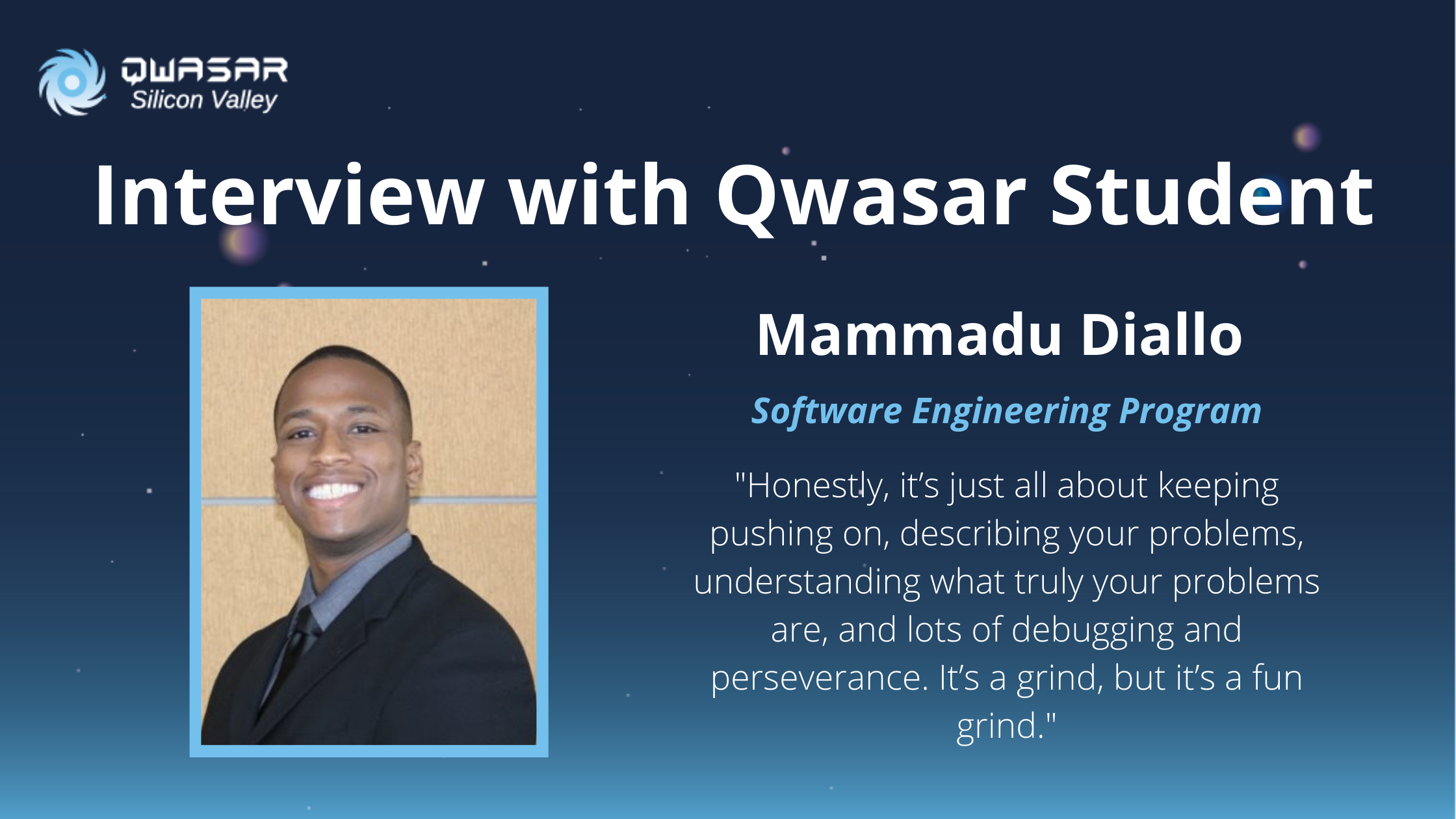
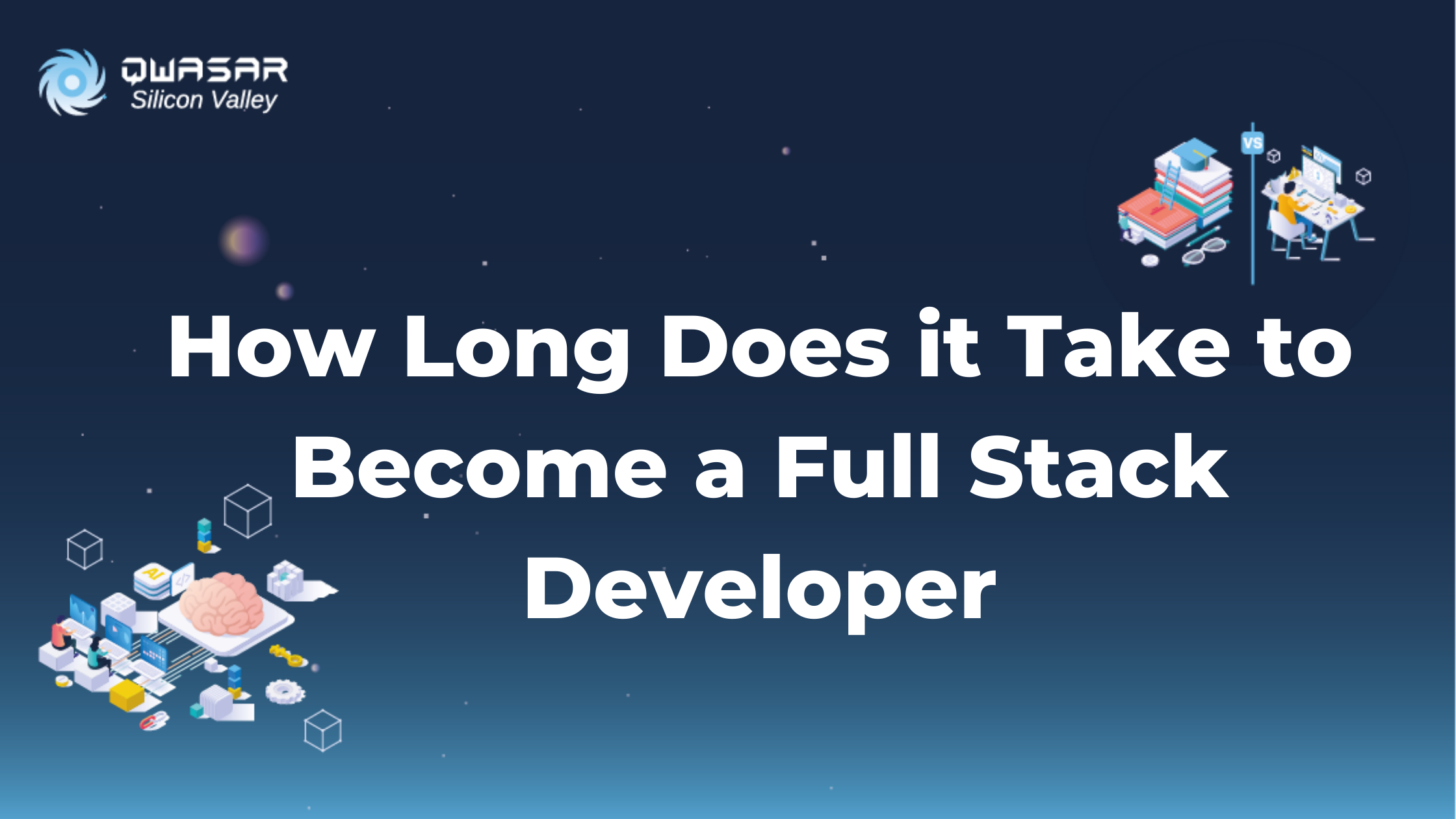
.png)
.png)

